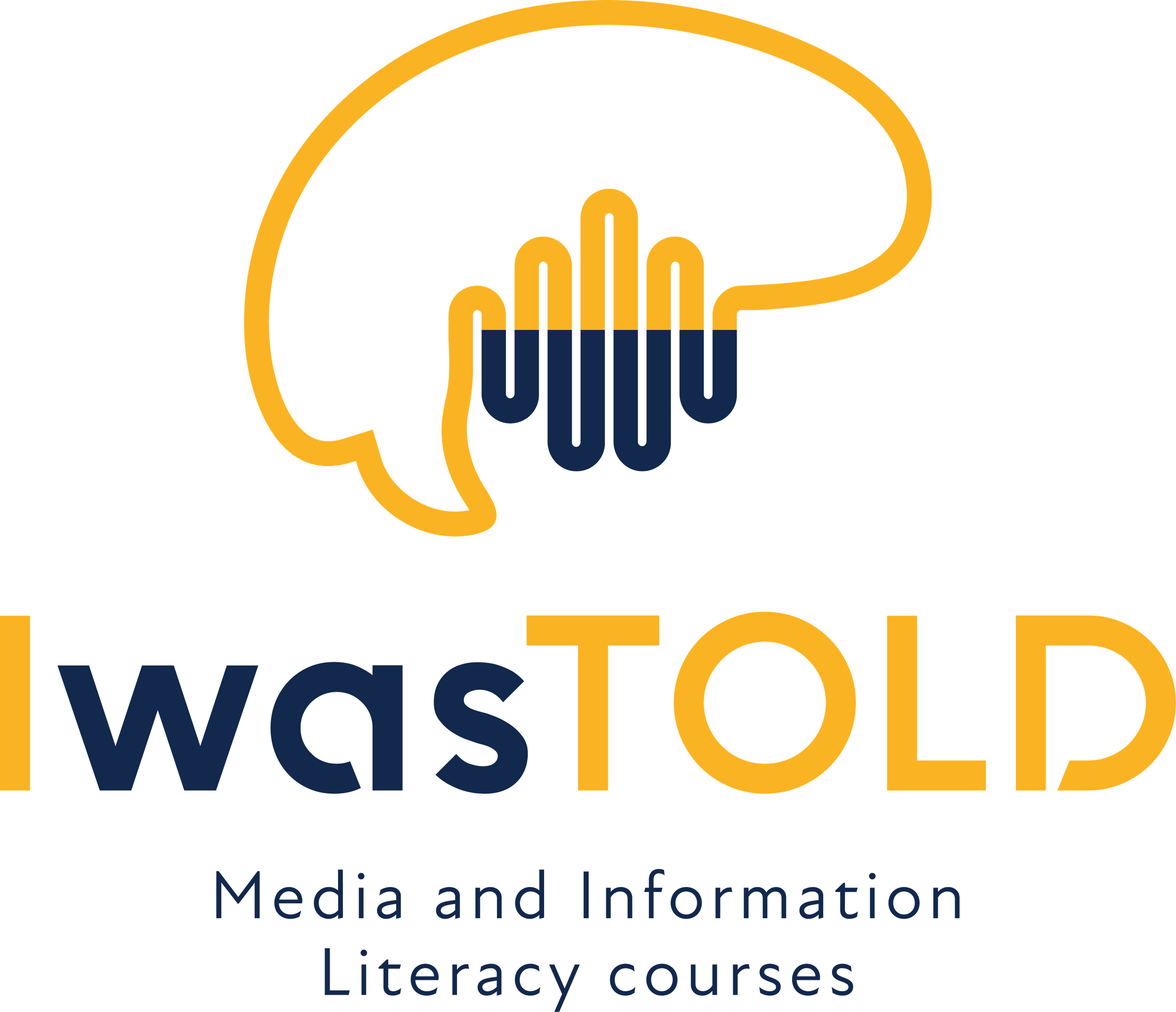5. MEDIA AND SOCIETY
-
New models, new journalism7 Topics|4 Quizzes
-
Building trust in the media and journalism7 Topics|3 Quizzes
-
Trust and bias: how often unconscious bias is eroding trust in news7 Topics|3 Quizzes
-
The role of the journalism when hate is on increase7 Topics|3 Quizzes
-
Cyber security on social networks7 Topics|3 Quizzes
-
What is open data journalism and why we need skills to search for data7 Topics|2 Quizzes
Participants14
This leson explores the concept of ethical language in journalism and its importance in responsible reporting. The media’s critical role in shaping public opinion and influencing actions requires language that is accurate, fair, objective, and free from bias, stereotypes, and sensationalism. The lesson highlights the impact of unethical language and the ethical principles of accuracy, fairness, impartiality, and accountability that journalists must uphold. It also addresses the traps and myths that can lead journalists to use misleading or biased language, the importance of diversity in the newsroom, and the objective ethical standards that journalists are expected to adhere to.
In this lesson you learned about the concept of ethical language in journalism, its importance in responsible reporting, and the impact of unethical language on society. The lesson covered four key principles of ethical language: accuracy, fairness, impartiality, and accountability. Journalists must avoid traps such as sensationalism, stereotypes, and loaded language. The lesson also emphasized the importance of diversity in the newsroom and the fact that ethical language is based on established ethical standards. Ethical language in journalism can shape public opinion and influence the actions of individuals and governments, making it a crucial component of responsible journalism.
